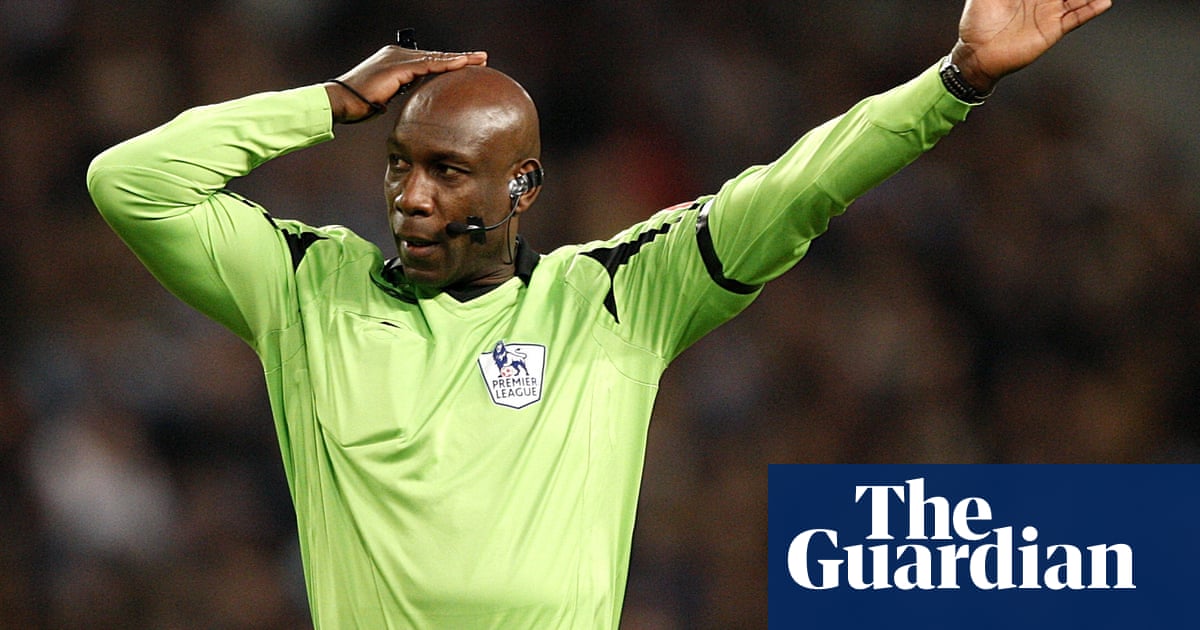Uriah Rennie, the first blackPremier Leaguereferee, has died at the age of 65. The Jamaica-born official grew up in Sheffield and oversaw more than 300 top-flight matches, starting with his breakthrough appointment as Derby hosted Wimbledon in August 1997. The game was, however, abandoned due to floodlight failure.
The Sheffield and Hallamshire County Football Association posted on X: “We are deeply saddened to learn of the passing of our former chair and trailblazing referee, Uriah Rennie. Uriah made history as the Premier League’s first black referee, officiating over 300 top-flight matches between 1997 and 2008. He broke down barriers, shaped our football community and inspired generations to come. Our thoughts are with Uriah’s family and friends at this difficult time.”
Rennie became a Fifa-listed referee in 2000 and joined the select group of professionals one year later. He told BBC News in April how, while on holiday in Turkey last year, he felt severe pain in his back and doctors discovered he had an inoperable neurological condition that left him wheelchair-bound.
“I spent a month laid on my back and another four months sitting in bed,” he said. “They kept me in hospital until February, they found a nodule pushing on my spine and it was a rare neurological condition so it’s not something they can operate on.”
The former Liverpool and Nottingham Forest striker Stan Collymore posted on X: “Incredibly sad to hear of the passing of referee Uriah Rennie. A pioneer, trailblazer and a bloody good ref. Rest in peace, ref.”
Sign up toFootball Daily
Kick off your evenings with the Guardian's take on the world of football
after newsletter promotion
Rennie had been the honorary president of Sheffield side Hallam FC at the time of his death while Sheffield United and Wednesday also paid tribute to the referee, saying the clubs’ “thoughts are with his friends and family at this time”.
